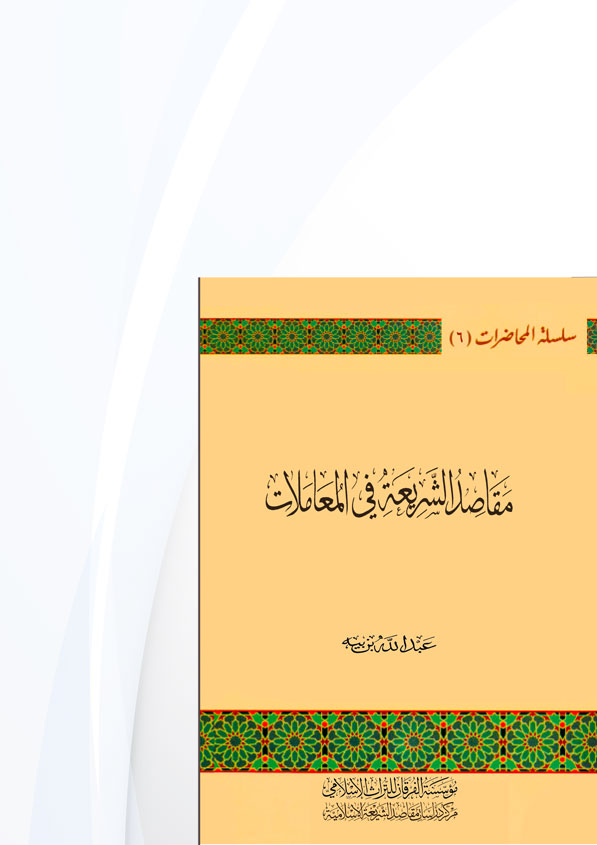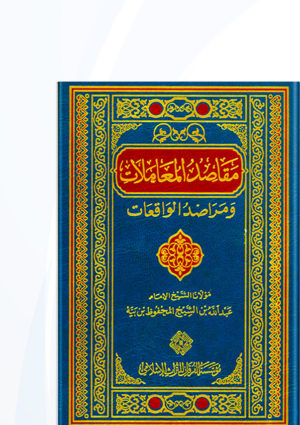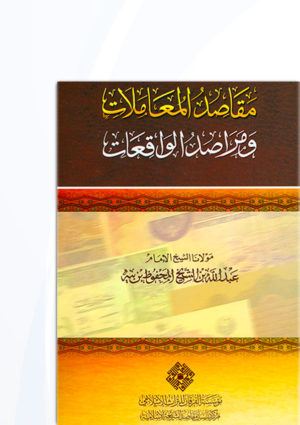Summary
In this book, Shaykh bin Bayyah emphasises the need to consider the maqāṣid al-Sharīʿah (objectives of Islamic law) in a number of topics currently being addressed such as that of inflation, the sale of non-existent items and other issues of important concern to contemporary society. All of these requiring a form of ijtihād that gives due consideration to the fundamentals of Sharīʿah.
Regarding the way to deal with maqāṣid, Shaykh bin Bayyah discusses the methodology adopted by the various juridical schools of thought and classified these into three types: the literalist approach, which is concerned with the letter of the texts irrespective to the meanings they carry and to the Sharīʿah objectives behind them. The second was the Bāṭiniyah school which claims to give due consideration to the meanings concealed within the texts, yet clearly discounts the letter of the text. Whereas the third school of thought, the Wasaṭiyah (middle way) school gives due consideration to both the letter and hidden meanings. He also gave examples of a number of contemporary issues which require the consideration of maqāṣid. In these he takes a very clear stand vis-a-vis a number of legal opinions (fatwās) on the subject of Islamic monetary transactions, which were issued by a number of juridical boards and fiqh councils, fatwās which he believes as falling short in their rulings from the point of view of the Sharīʿah objectives.
He also called for a new form of ijtihād (scholarly efforts of modern interpretation of the holy scriptures) in which these Sharīʿah higher objectives are given a more prominent role and more priority.





Reviews
There are no reviews yet.